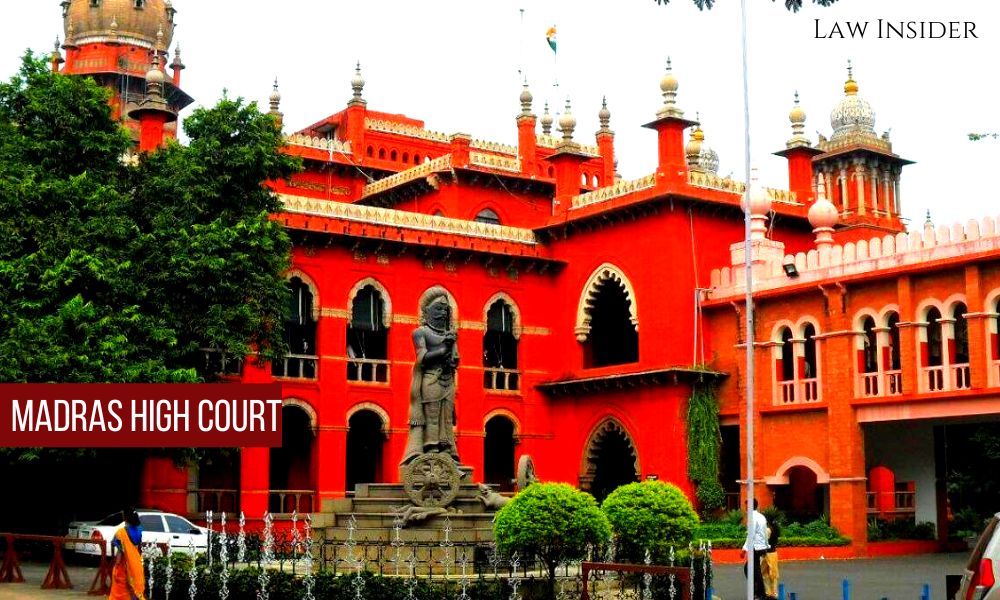Mitali Palnitkar
Published on: March 8, 2022 at 19:00 IST
The Madras High Court stated that the Devotees shall follow the Dress Code while entering into the Temple.
The Division Bench comprised Chief Justice Munishwar Nath Bhandari and Justice D Bharatha Chakravarthy. It observed that the Court cannot “Thrust” opinions on Society.
However, Temples are places of Customary Practice where Sign Boards can be installed to ensure that Dress Code is followed and Regulatory measures are taken to bring it into effect.
The Writ-Petitioner opined that only Hindus are allowed to enter the Temple under Provisions of Hindu Religious and Charitable Endowments Act, 1959.
A Dress Code is required to preserve the Sanctity of Temple as in its absence, People of other Religions are also Permitted to enter the Temple. Thus, the Respondents shall be instructed to Install Sign boards in Temples requiring that Dress Code is followed.
The Petitioner submitted photographs demonstrating that people enter the Temples in variety of attires in Absence of a Dress Code.
Advocate General stated that Sign Boards shall be placed in those Temples where Dress Code is specified. However, a General Directive requested by the Petitioner cannot be issued.
According to the Tamil Nadu Temple Entry Authorisation Act, 1947; No one should enter the Temple without taking a bath. One shall wear Clothes of such material and manner as is Customary in such Temple. No one shall enter the Temple wearing footwear.
Thus, it was Noted that a person intending to enter the Temple must wear clothes as is Customary in the Temple.
According to Section 4 of the Act, the Trustee/Authority-in-charge of the Temple has the Authority to take Regulatory measures for maintaining the Order and Decorum in the Temple subject to the control of the State Government.
The Court observed, “When a mechanism has been provided under the aforesaid Provisions to maintain Order and Decorum, we find no reason to accept the Prayer of the Petitioner seeking a particular Dress Code to be followed, as suggested by him in the Writ Petition, the basis whereof is not known.”
Therefore, it was suggested by the Court that visible Sign Boards can be installed in the Temples where there is a prescribed Dress Code based on Customary Practices, as it cannot Issue a Writ of Mandamus for the same.
Also Read: SC: Independent Application of Mind and Some Reasoning, while determining Writ Appeal

